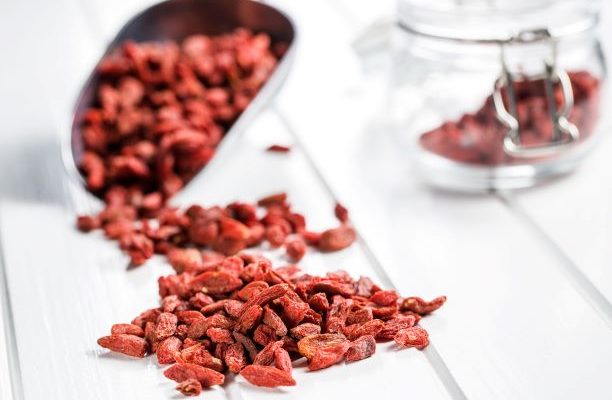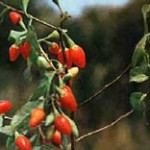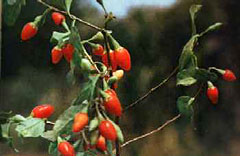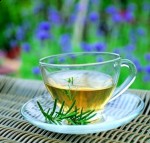Originally from China, Goji berries have been used in Chinese

Medicine and are considered one of the best Chinese herbs to boost your energy. This little red berry is packed with vitamins, minerals and even iron.
Traditional Chinese Medicine uses goji berries for many ailments including back pain, low energy, dizziness and to improve eyesight. Goji berries can be found at most natural foods grocery stores today but can get a bit pricey. If you love this little berry like I do you may want to consider buying a goji plant. I’ve found goji berries can grow in many climates and is a wonderful plant to have in your yard or even a patio container. Add the little red berries to a bowl of cereal or oatmeal or enjoy them as a snack. This Chinese herbs is a healthy addition to any diet and will give you a boost of energy every time you eat a handful. Concentrated granules of goji berries are a great way to use this Chinese herb in shakes and smoothies or as a delicious cup of tea. Goji concentrate is available from Pacific Herbs at www.PacHerbs.com.





